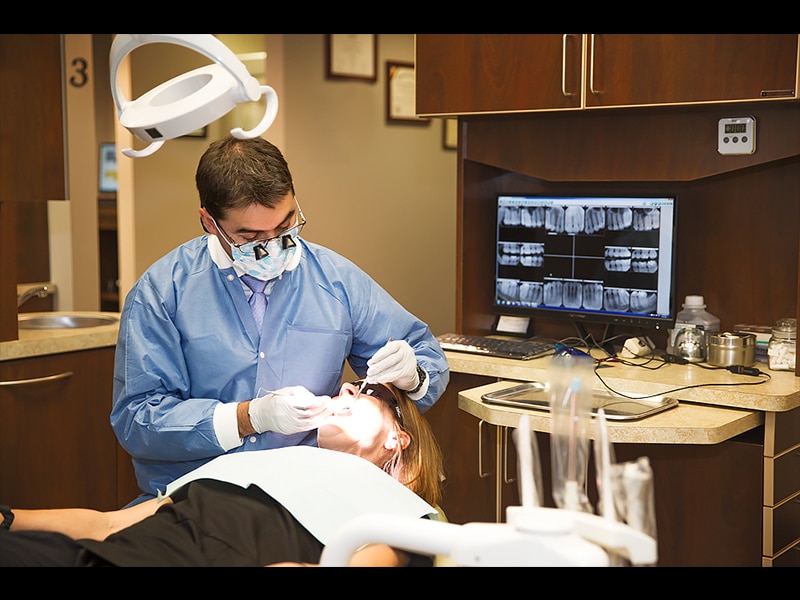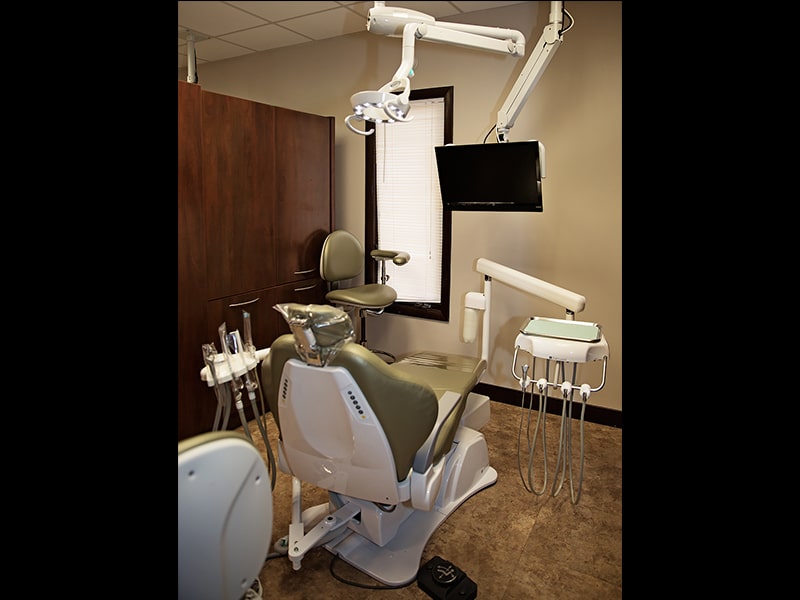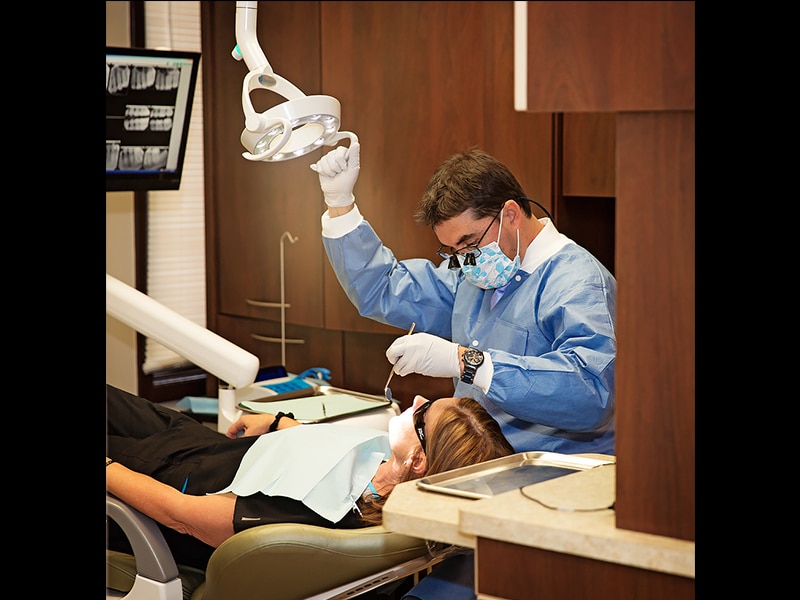While some people consider ice cream or a cup of hot cocoa a sweet treat, there are also some who consider these foods a painful experience. If you feel discomfort or sudden pain when you eat hot or cold foods, then you are probably having tooth sensitivity. According to a survey conducted at dental clinics in the US, one in every eight people are living with tooth sensitivity.
Teeth sensitivity is a very common dental problem characterized by pain in the teeth as the dentin’s response when encountering certain stimuli such as cold and hot temperatures. The pain can be sudden and shooting yet temporary.
Causes of Teeth Sensitivity
Teeth sensitivity can be caused by a lot of things including the following:
- Dentin Exposure
The main cause of tooth sensitivity is the wearing out of tooth enamel and exposing the softer part of enamel which is dentin. About 12% of people experience some form of dentin hypersensitivity. Dentin is the yellowish tissue that is found underneath the enamel. When the dentin is exposed, it can react to stimuli that come in contact with stimuli such as foods and beverages that are acidic and in hot or cold temperatures, brushing too hard, and other factors.
- Gum recession
As you get older, your gum also begins to wear resulting in gum recession. Other causes of gum recession include gum diseases. When the tissues in your gums recede, it will expose the nerve endings found at the roots of your teeth, making your teeth more sensitive. Apart from teeth sensitivity, gum recession will also make your oral cavity-prone to infections and other oral diseases.
- Gum disease
Teeth sensitivity can be a warning sign of gum disease too. Gingivitis is the earliest stage of gum disease. This is characterized by reddish and inflamed gums. Most cases of gingivitis may not require surgery, but it can really cause teeth sensitivity especially when left untreated. Periodontitis is another type of gum disease. In the case of Periodontitis, the gums recede away from the teeth resulting in pockets. Bacteria can reside in these pockets causing more damage such as tooth cavity and infection. Teeth sensitivity is one of the many signs of Periodontitis.
- Sinus infection
Approximately 31 million Americans suffer from sinus infection each year. While sinus infection can affect everyone, individuals with allergies are more prone to acquiring it. The condition is caused by bacteria and allergens irritating the sinuses causing it to produce too much mucus. As the mucus accumulates, more and more bacteria are encouraged to stay in the sinus cavity, resulting in infection. Aside from teeth sensitivity, symptoms of sinus infection may also include headaches, stuffy noses, fevers, and coughs.
- Teeth bleaching products
It wouldn’t be surprising to feel teeth sensitivity if you are fond of using teeth whitening strips or teeth bleaching products. Some of these products contain peroxide which causes sensitivity. Teeth sensitivity caused by teeth whitening products may be mild to moderate and will eventually go away after you discontinue using it.
If tooth sensitivity is new to you and you have never experienced it before, or if the sensitivity lasts longer than usual, make an appointment with one of our dentists at New Smiles. Your dentist will be able to evaluate your condition and recommend the right treatment. Contact us today at one of our three locations: Woodbridge, Stafford, and Fredericksburg VA.











